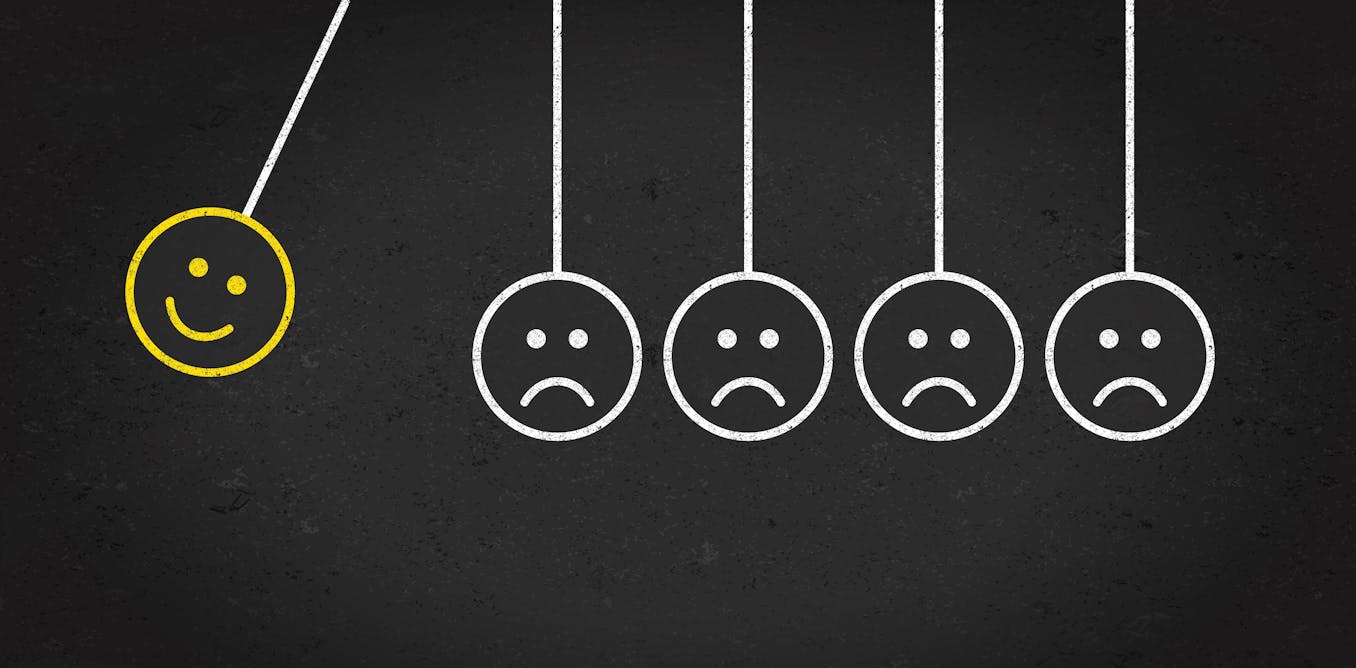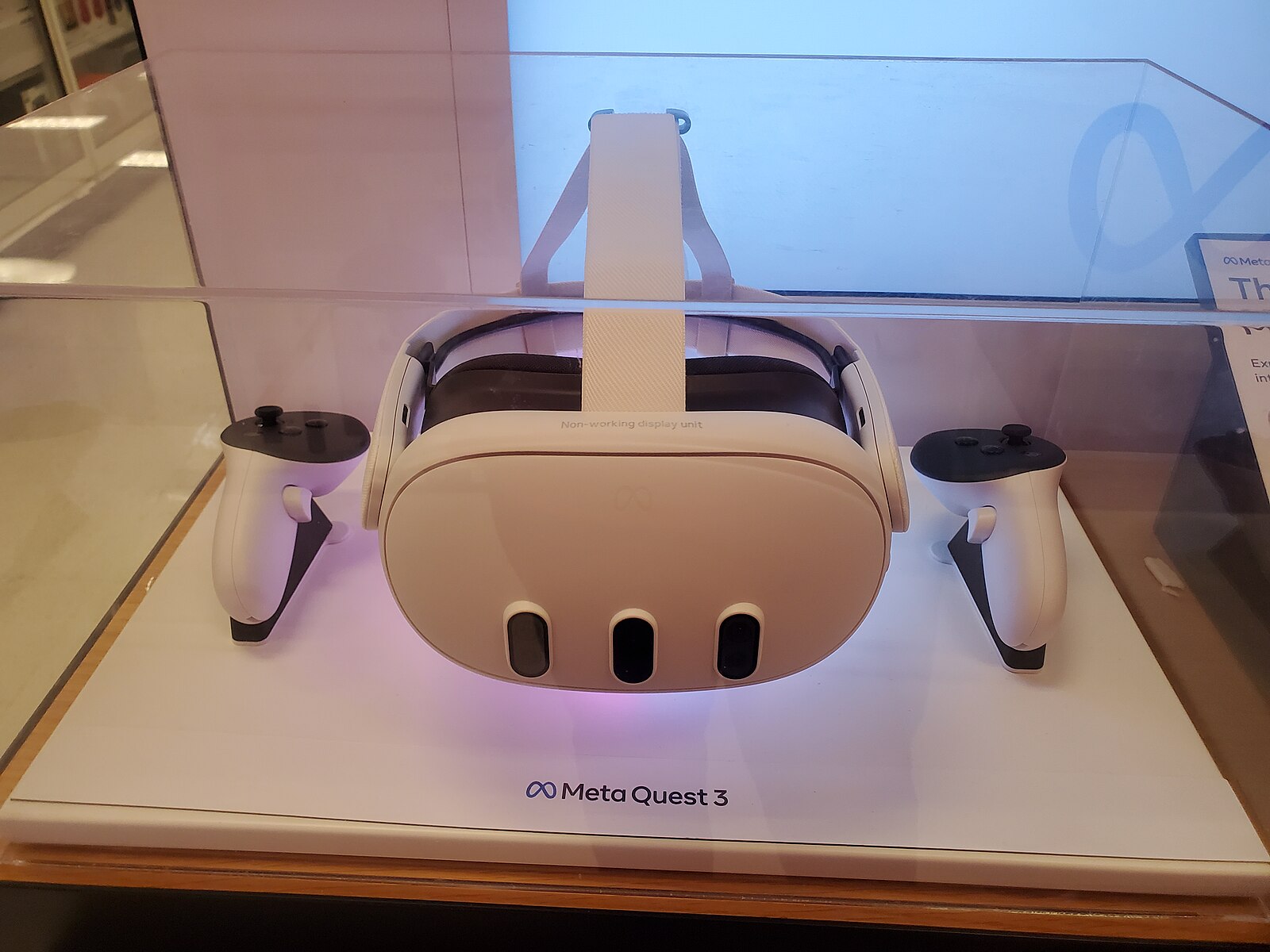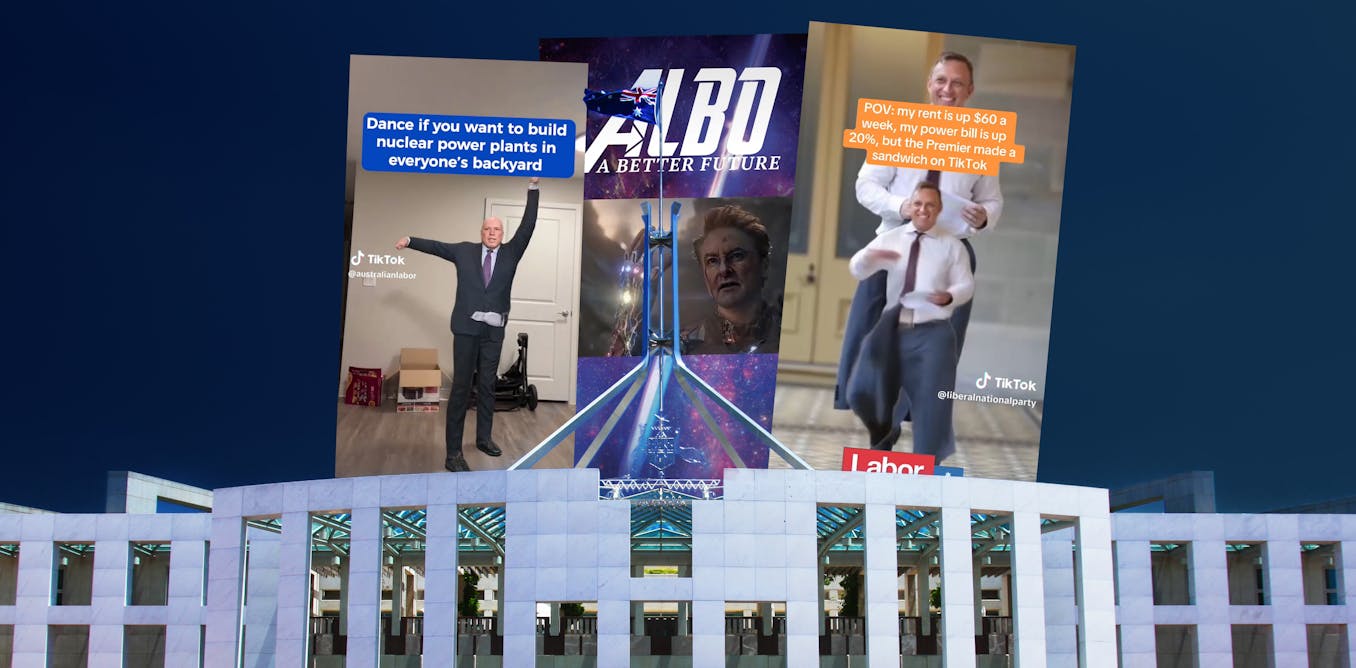Microsoft has filed a motion seeking to dismiss parts of The New York Times lawsuit against OpenAI, claiming it was “doomsday futurology.”
The New York Times initiated legal action against both companies, accusing them of using their articles for the training of ChatGPT’s large language models, as well as profiting from them.
In February, OpenAI requested a federal judge to dismiss parts of the same copyright lawsuit, accusing the newspaper of employing deceptive tactics to generate misleading evidence.
In the filing, lawyers representing the tech giant quoted the former head of the Motion Picture Association of America, Jack Valenti, who said, “The VCR is to the American film producer and the American public as the Boston Strangler is to the woman home alone.” They assert that the analogy represents “alarmism” against technology and note that the U.S. Supreme Court eventually rejected the motion on the same grounds.
Microsoft alluded that the VCR actually bolstered the entertainment sector by creating new avenues for revenue. Like OpenAI’s countersuit, the company elaborated on its stance regarding LLMs, describing them as a breakthrough in artificial intelligence.
Through its partnership with OpenAI, Microsoft said it aimed to “help bring their extraordinary power to the public,” because it “believes in LLMs’ capacity to improve the way people live and work.”
It also accused the NYT of using “might and its megaphone to challenge the latest profound technological advance: the Large Language Model.” It called for their case to be dismissed on three grounds including unfounded copyright infringement through GPT tools, and unproven Digital Millennium Copyright Act violations.
The Washington-based company also alleged that the news organization mischaracterized its copyright claims based on GPT-model outputs as state law misappropriation torts, suggesting that the GPT-based tools appropriate “time-sensitive” news and Wirecutter reviews.
What has The New York Times said?
Ian Crosby, a partner at Susman Godfrey and the lead attorney for The New York Times in this lawsuit, stated on Monday (March 6), “Microsoft doesn’t dispute that it worked with OpenAI to copy millions of The Times’s works without its permission to build its tools.
“Instead, it oddly compares L.L.M.s to the VCR even though VCR makers never argued that it was necessary to engage in massive copyright infringement to build their products,” he added.
Featured image: Canva

The post “Microsoft seeks dismissal in New York Times lawsuit, cites ‘doomsday futurology'” by Suswati Basu was published on 03/05/2024 by readwrite.com




































